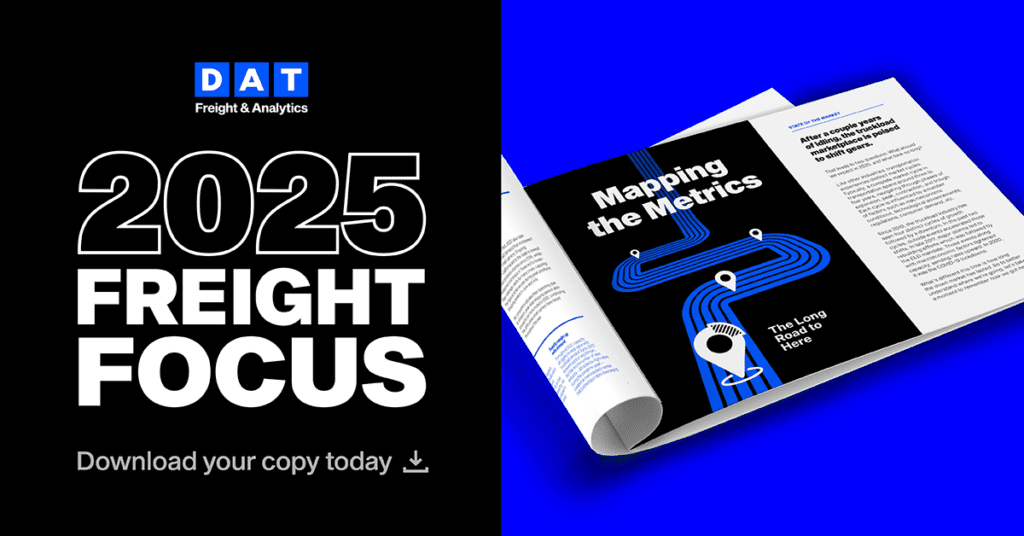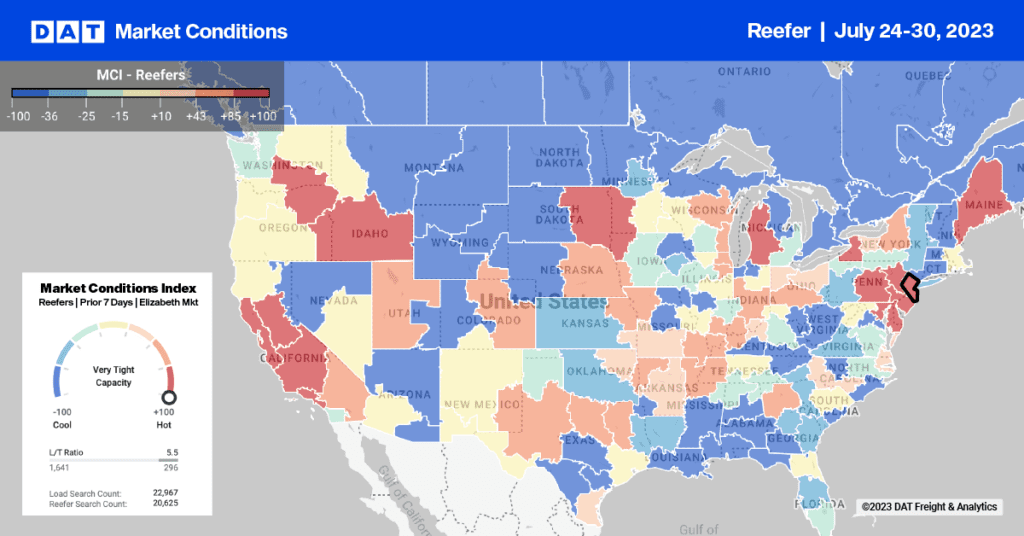New regulations from the California Air Resources Board (CARB) will affect brokers and shippers as well as carriers. The rules are part of an amendment to the Transportation Refrigeration Unit (TRU) section of CARB’s Airborne Toxic Control Measures (ATCM.) Trucking companies that operate reefers in the Golden State are already familiar with the TRU rules. The carriers’ refrigeration units must be tested for compliance and registered with CARB in order to drive legally on California highways.
The new amendment includes a twist for shippers, brokers and freight forwarders who hire reefer carriers in California, however. Beginning January 1, these freight providers will be required to verify that carriers use CARB-compliant TRUs on any haul that passes through California. The state provides a registry, but only a small percentage of carriers have registered their CARB-compliant reefer units.
The freight provider is also required to give contact information to the driver, so that the shipper or broker can be reached in case the truck is stopped for CARB-related enforcement. CARB recommends that freight brokers include language in their contracts and load board posts for all freight movements that enter California, to specify that the broker will load only CARB-compliant reefer equipment.
The TIA Advocacy web site includes a summary of the proposed legislation and a request for comments.


